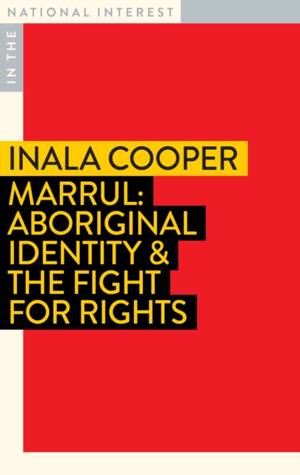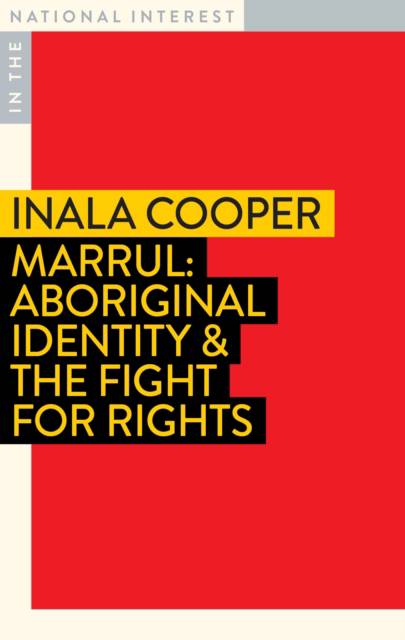
- Afhalen na 1 uur in een winkel met voorraad
- Gratis thuislevering in België vanaf € 30
- Ruim aanbod met 7 miljoen producten
- Afhalen na 1 uur in een winkel met voorraad
- Gratis thuislevering in België vanaf € 30
- Ruim aanbod met 7 miljoen producten
Omschrijving
What does reconciliation and truth-telling look like, and how do we as a nation find justice for Indigenous people?
In this deeply personal work, Inala Cooper shares stories of her family to show the impact of colonisation on the lives of Aboriginal people from the 1940s to now. She reveals the struggles faced by her Elders and contrasts them with the freedoms she comes across as an Aboriginal woman today. Speaking only from lived experience, Inala examines racism, privilege, and how deeply personal is one's identity. Her stories illustrate the complexities of identifying as Aboriginal and the importance of community in an increasingly individualist world.
Exploring the impacts of major events throughout her life, Inala reflects on how human rights are breached and defended. She examines reconciliation and the need to share wealth and power, and the importance of truth-telling and justice. In finding her place as an advocate and activist for social justice, Inala is supported by her family, her ancestors, community and the academy. It is these supports that help her challenge racist and outdated notions of what it means to be Indigenous, sovereign and self-determined, and to uphold the principles of justice.
The thought-provoking stories in this book surface more questions than the necessary answers. But Inala brings us to her home as she weaves together her stories, the country she's connected to, and the elements that shape her path--none so prevalent as Marrul: the changing wind.
Specificaties
Betrokkenen
- Auteur(s):
- Uitgeverij:
Inhoud
- Aantal bladzijden:
- 96
- Taal:
- Engels
- Reeks:
Eigenschappen
- Productcode (EAN):
- 9781922633248
- Verschijningsdatum:
- 1/12/2023
- Uitvoering:
- Paperback
- Formaat:
- Trade paperback (VS)
- Afmetingen:
- 111 mm x 175 mm
- Gewicht:
- 81 g

Alleen bij Standaard Boekhandel
Beoordelingen
We publiceren alleen reviews die voldoen aan de voorwaarden voor reviews. Bekijk onze voorwaarden voor reviews.







